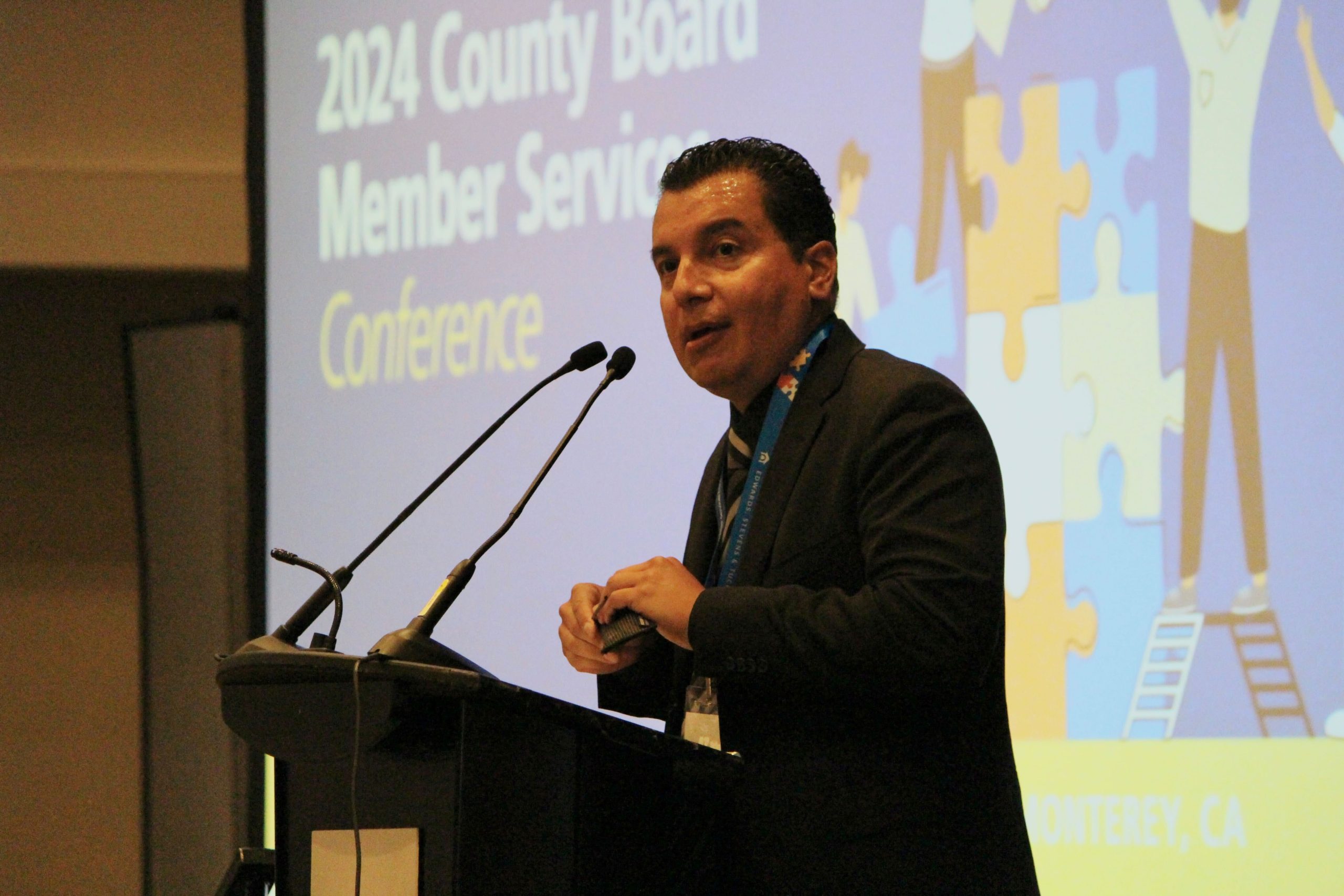In early August, I had the opportunity to testify before the State Senate Education Committee on an issue of grave importance to CSBA and to the future of public education in California — the oversight of charter schools. Many of you know that this topic has been a point of emphasis during my presidency. I joined with other officials from schools districts and county offices of education, as well as charter school leaders, in addressing the lack of clarity around charter school regulation.
Specifically, I made the case that current charter school law leads to irregularities and a lack of accountability, while denying traditional schools and districts the flexibility to innovate in a way that will benefit students. The bulk of my testimony is provided below. Please share your thoughts on my remarks and on how we can move toward meaningful regulation of charter schools, increased accountability and greater learning opportunities for all students (via cungar@csba.org).
Remarks to the Senate Education Committee
CSBA considers the role that its members play in approving and overseeing charters as an important part of a board’s responsibility to the community it serves. That’s why, as one of my first actions as president, I formed a Charter School Task Force at CSBA. The task force will help us identify what we can do to better support governing boards. Even though a charter school operates with greater independence than traditional schools, the local governing board that approves that charter maintains the ultimate accountability to the community.
The list of challenges that governing boards face today in carrying out their responsibilities is growing. Areas where the committee may want to direct its attention include:
Appeals: In some cases, substantive changes are made to a petition after it has been denied, but before it is heard on appeal. In many cases, these petitions are significantly different from the one denied locally. To preserve local accountability, the revised petition should instead be considered by the school board first. This change may help reduce the number of appeals to both the county board and the State Board of Education.
Expulsions: Governing boards are charged with providing a safe educational environment for all students in their districts. However, current law makes it difficult to know when a student can no longer attend a charter school due to expulsion or dismissal. We must do more to prevent these students from falling through the cracks and, like students in traditional schools, require a hearing before they are permitted back in school.
Oversight Costs: Current law arbitrarily caps the amount a district receives for its oversight responsibilities. The impact of this provision on a small district limits its oversight fees to roughly $20,000 for a charter school with 200 students. However, oversight costs can vary depending on a number of factors, including the number and location of the charters in the district and the complexity of the oversight issues. It is time to review the impact that these caps are having on successful student outcomes.
Student Impact: The costs for many district services, including transportation and food service facilities, remain constant. As districts face declines in enrollment due to charters, we must consider how the resulting drop in funding is impacting students who remain in traditional schools.
Innovation: The Charter Schools Act was intended to encourage innovation and lead to improvements in all public schools. Unfortunately, there is little incentive to identify and share practices that improve learning among all students, particular those who are struggling with low academic achievement. This is an area where all students in the public school system could benefit from the independence and flexibility afforded under the Act.
Flexibility: As more time and effort is spent on identifying innovation in charter schools, we should ask ourselves why this freedom to innovate is not available to all public schools. With additional flexibility, traditional schools can do more to serve students who do not have the opportunity to attend a charter.
Quality: The quality of all public schools, including charter schools is of significant concern to CSBA. While we praise the strong work of the highest-performing charter schools in our communities, more can done to deliver a quality education to our students. We should also focus on how we can empower elected boards to ensure that only those charter schools with strong evidence of potential success are approved and that those that are not achieving results are shut down.
These are just some of the key issues that I hope the committee will consider as it examines ways to improve charter school oversight in the state.
CSBA is committed to supporting the role of governance teams in maintaining accountability and improving the quality of education in California schools. We look forward to working with you and other stakeholders on this important task.
 Chris Ungar is the California School Boards Association 2016 President and is a board member in the San Luis Coastal Unified School District in San Luis Obispo County.
Chris Ungar is the California School Boards Association 2016 President and is a board member in the San Luis Coastal Unified School District in San Luis Obispo County.




